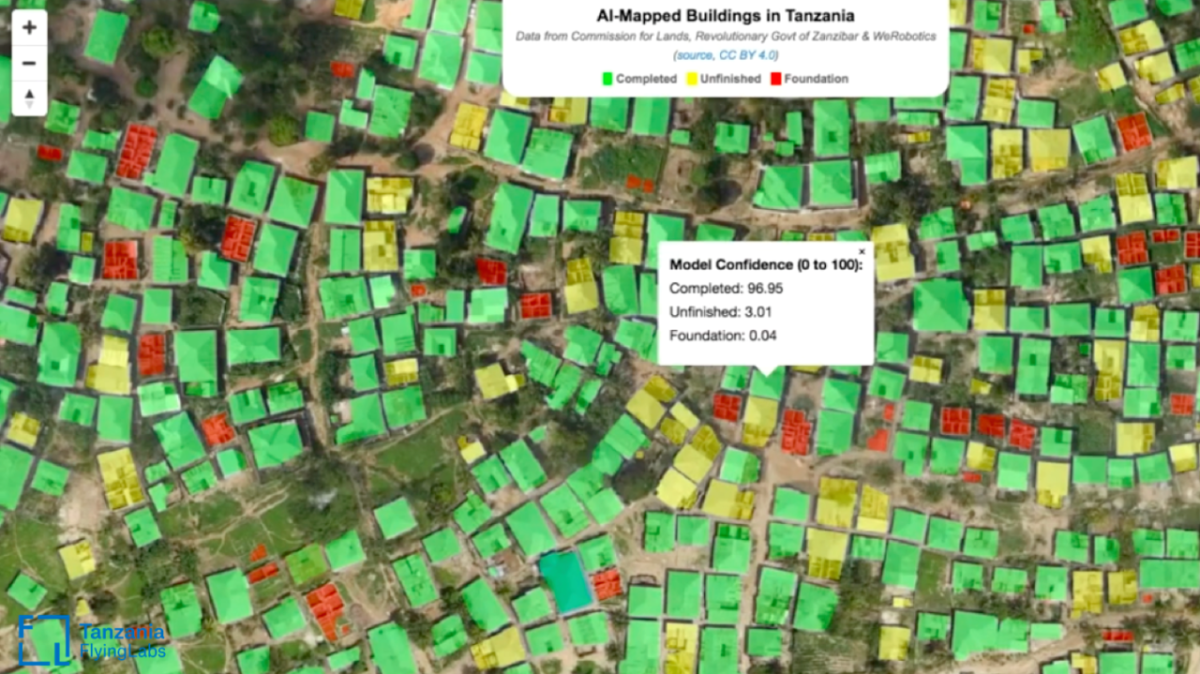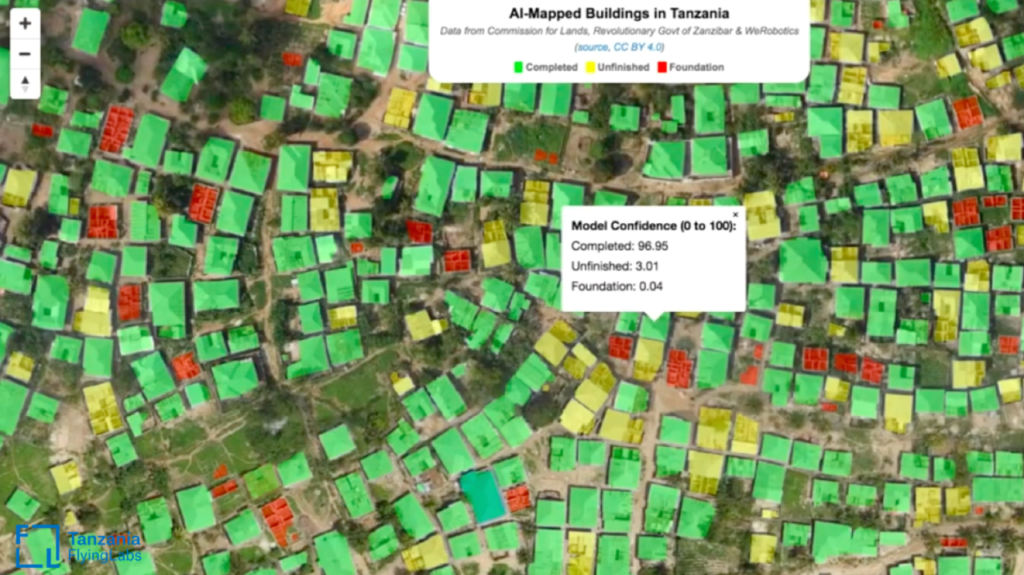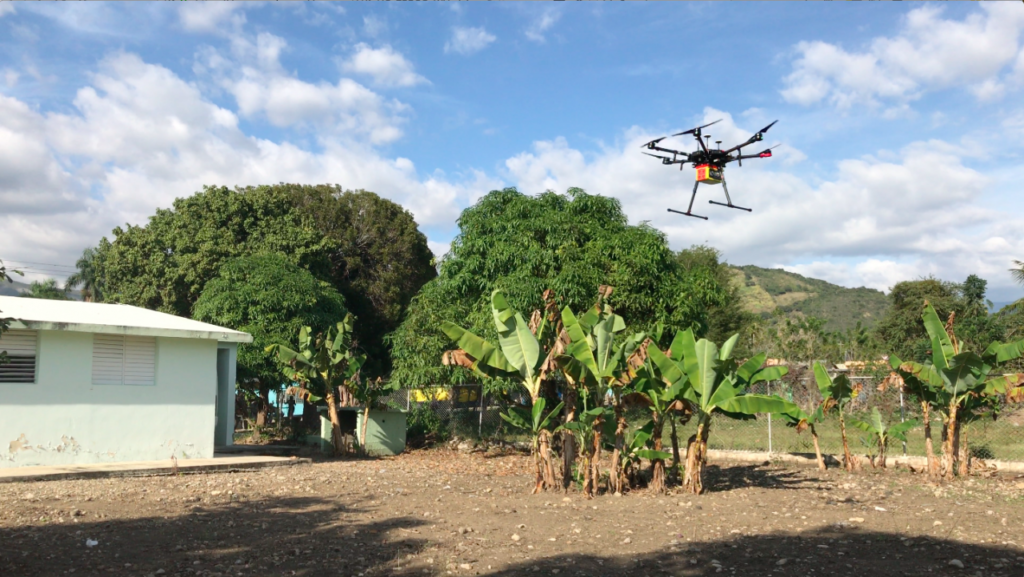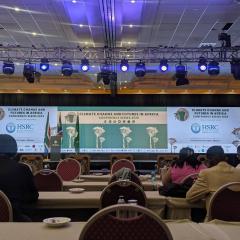
Partnering with Harvard on the Humanitarian Drone Code of Conduct
March 14th, 2019

We’re very pleased to announce our partnership with the Signal Program at the Harvard Humanitarian Initiative (HHI). The purpose of this partnership is to ensure that the Humanitarian Drone Code of Conduct (UAVcode) remains comprehensive and fully up to date given the rapidly changing opportunities and challenges in the humanitarian technology space. We started working on this code during the immediate aftermath of Typhoon Haiyan in 2013. The code of conduct became the flagship program of the Humanitarian UAV Network (UAViators), which launched in early 2014. Since then, the code has been revised several times through a series of open, multi-stakeholder consultations. In 2016, UAViators co-founded WeRobotics, which organized this experts meeting to identify the major gaps in the current code of conduct.

It is now time to fully revise the code of conduct and fill the most pressing gaps. This is where our colleagues at HHI come in. “We must ensure that this Code of Conduct continues to serve as the gold standard,” writes Rob Baker, who leads the Signal Program. HHI and the Signal Program are ideally placed to take over the stewardship of the code of conduct to ensure that it continues to serve the needs of both local and global communities. Like the code of conduct, the Signal Program also started in 2013, and also works to further principles for effective and ethical humanitarian engagement. In 2017, Signal developed their own body of work, the Signal Code, which articulates five human rights to information during crisis and highlights the needs for greater standards in the application of technology for humanitarian practice.

Rob Baker and team recognize the pressing need to update the code of conduct: “As WeRobotics has already noted multiple times in 2017 and 2018, the code of conduct is in dire need of updating given numerous lessons learned in recent years along with the the rapid changes in technology and AI. It's also a lot to keep up. So we're excited to be working more closely with UAViators and WeRobotics to make sure this network and these resources continue to serve as the gold standard. As the technology improves, and with it the wealth of experiences from more organizations using or at least exploring drones in their own work, our work to continue this must also stay current and informed but what is learned and applied.”
We’re very grateful for HHI’s partnership on the Humanitarian Drone Code of Conduct and look forward to having them interact more directly with the UAViators community and other relevant partners. Their experience, expertise and resources will ensure that this Code of Conduct continues to inform the work of WeRobotics and the global network of Flying Labs. In the meantime, WeRobotics and Flying Labs will work on one of the major gaps in the current code, namely the lack of guidelines on the safe and ethical use of cargo drones. We’ll submit these draft guidelines to HHI for their consideration and possible inclusion in the revised Humanitarian Drone Code of Conduct.
Recent Articles

